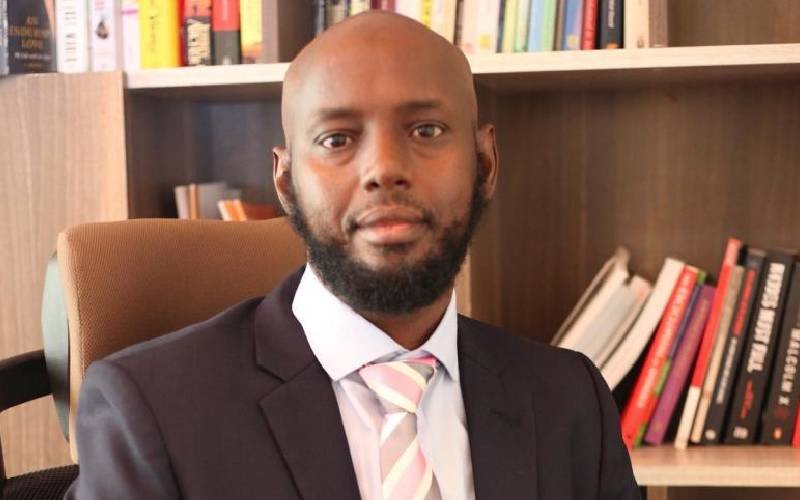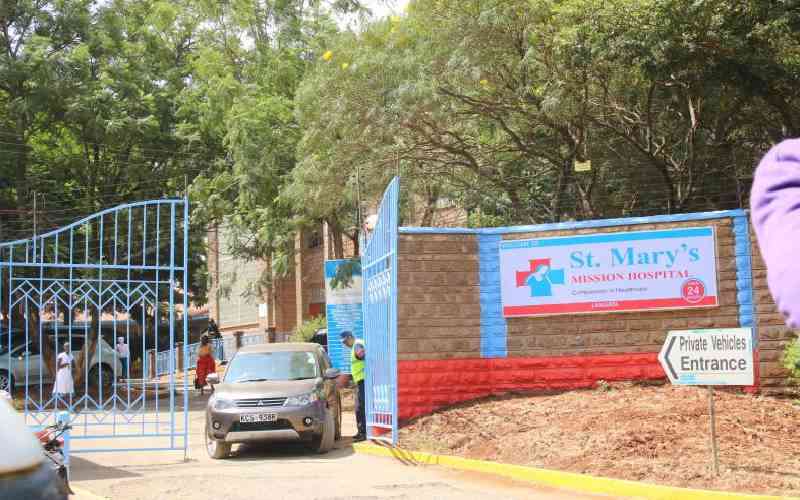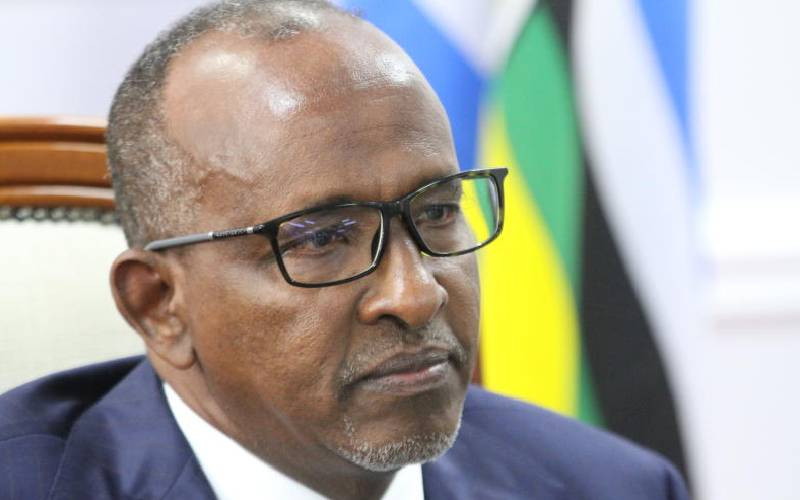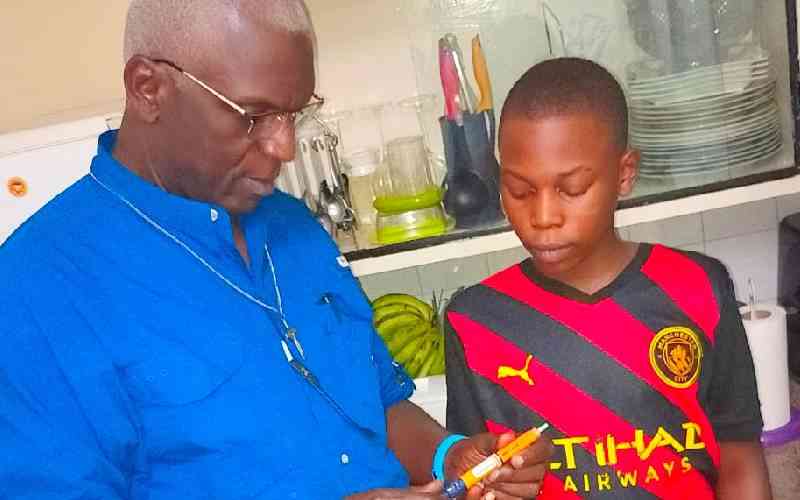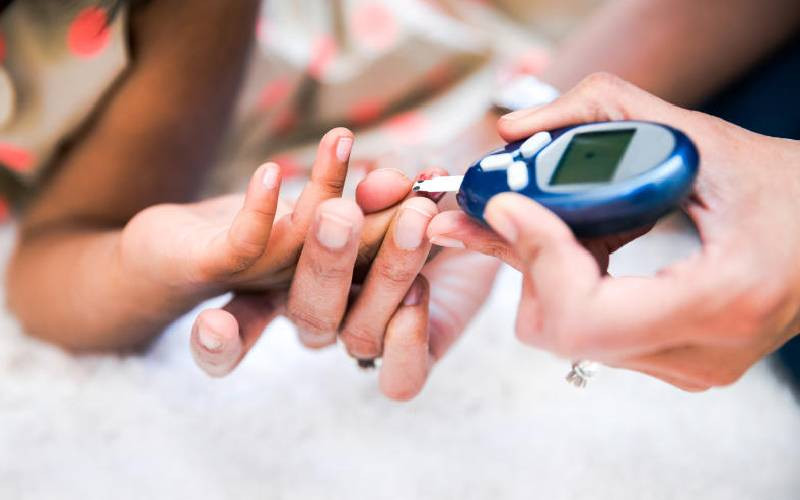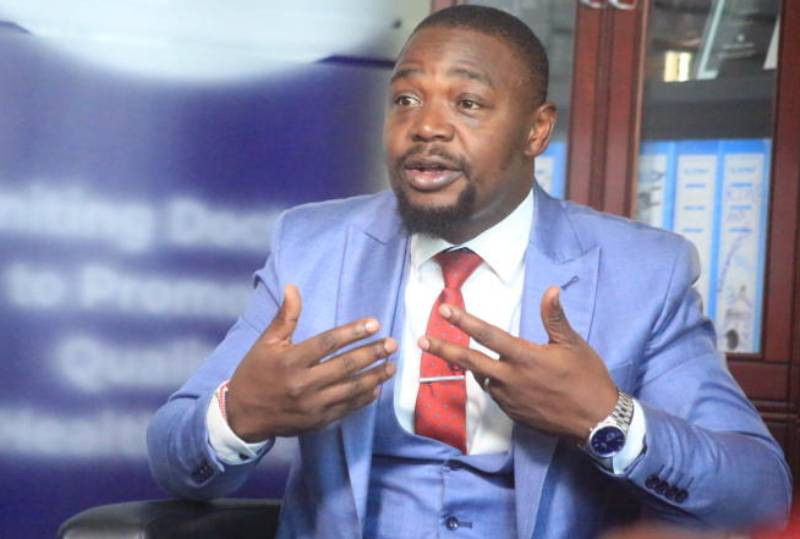
Cancer experts have blamed the country’s unreliable referral system labelling it as the major cause for the more than 32,000 deaths annually.
The oncologists have dismissed the narrative that most cancer cases are presented in hospitals at an already advanced stage, which leaves patients with minimal or no chance of survival.
The blame has been shifted to practitioners working in lower-tier facilities and the front line health practitioners who would rather continue treating a patient despite them showing no sign of recovery.
Dr Fredrick Chite (pictured), a medical oncologist, said even when patients are referred, it is not done properly, but as a way to ‘chase’ them out of the facilities.
“Patients do not present to hospitals late. Most patients on average have seen eight other health practitioners. It is these (practitioners) who do not refer them on time,” he said.
Chite said in most cases, the practitioners would just tell off the patients that the facility is not equipped in terms of human resource and infrastructure to handle such cases. This leaves the patient to figure out by themselves where else they can be treated.
“You will find a patient in West Pokot being told ‘go to Kenyatta National Hospital’ but no phone call is made to the particular doctor they are supposed to see. If it is a diagnostic test, no one advises the patient on which hospital has the needed equipment for the test,” he said.
Chite said such system has left the sector so open that some paraprofessionals would set up facilities to perform certain tests or treat certain cancers.
“There are so many people out there pretending to be oncologists just to reap on the increased cases of the disease. Equally, we have so many people who die from cancer without even knowing they had the disease,” said the medical oncologist who works with Ampath, an academic body on matters health.
According to the 2018 Globscan report, Kenya records up to 47,000 new cases of cancer annually with 32, 987 deaths in the same period.
Breast, cancer of the cervix and oesophagus are the leading cases. Others are prostate and colorectal cancer.
Dr Andrew Odhiambo a lecturer and consultant medical oncologist said these frustrations in the referral system is what is pushing Kenyans to prefer accessing treatment in India. He said the government’s push to have cancer centres in almost every region is noble, but will not work with the current health system.
“If you are putting up cancer centres, without a proper referral system you are doing nothing. Some patients see up to 13 doctors before they finally get properly diagnosed,” he said.
He said these gaps in the country’s health system is part of the reasons why most patients from Kenya and Africa at large do not participate in clinical trials of new regimes to combat the disease.
“The whole healthcare system needs to work. If we put this in place then African cancer centres will be invited to participate,” he said.
Dr Sitna Mwanzia, an oncologist at Aga Khan Hospital said a lot of sensitization is needed not only for Kenyans to show up for screening but also for nurses and clinicians working in level one, two, three and four facilities.
“It should be known that it is not just about telling the patient I don’t know what you have, but also tell them where they can get help.
Kenya Network of Cancer Organization Chair David Makumi said the current health system is too confusing to get cancer cases at their early stage, which would be easier and more affordable to treat.
He said the healthcare system is not moving in tandem with the current health concerns brought about by Non Communicable Diseases(NCDs)
“If the frontline staff at the hospital do not have high suspicion that the patient could be a cancer case, then they are likely to treat them for malaria or typhoid. But you cannot blame them since these are the diseases they encounter often,” he said.
He said the government should relook into its system by retraining frontline health workers and also incorporate some screening into already existing programmes.
“If a woman takes her child for clinic, that is an opportunity to have her get screening for cancer. It is said that you will find a bodaboda person being treated for injuries sustained during an accident but no one will tell them to stop smoking as it will increase his chances of getting cancer,” said Makumi.
 The Standard Group Plc is a multi-media organization with investments in media
platforms spanning newspaper print
operations, television, radio broadcasting, digital and online services. The
Standard Group is recognized as a
leading multi-media house in Kenya with a key influence in matters of national
and international interest.
The Standard Group Plc is a multi-media organization with investments in media
platforms spanning newspaper print
operations, television, radio broadcasting, digital and online services. The
Standard Group is recognized as a
leading multi-media house in Kenya with a key influence in matters of national
and international interest.

